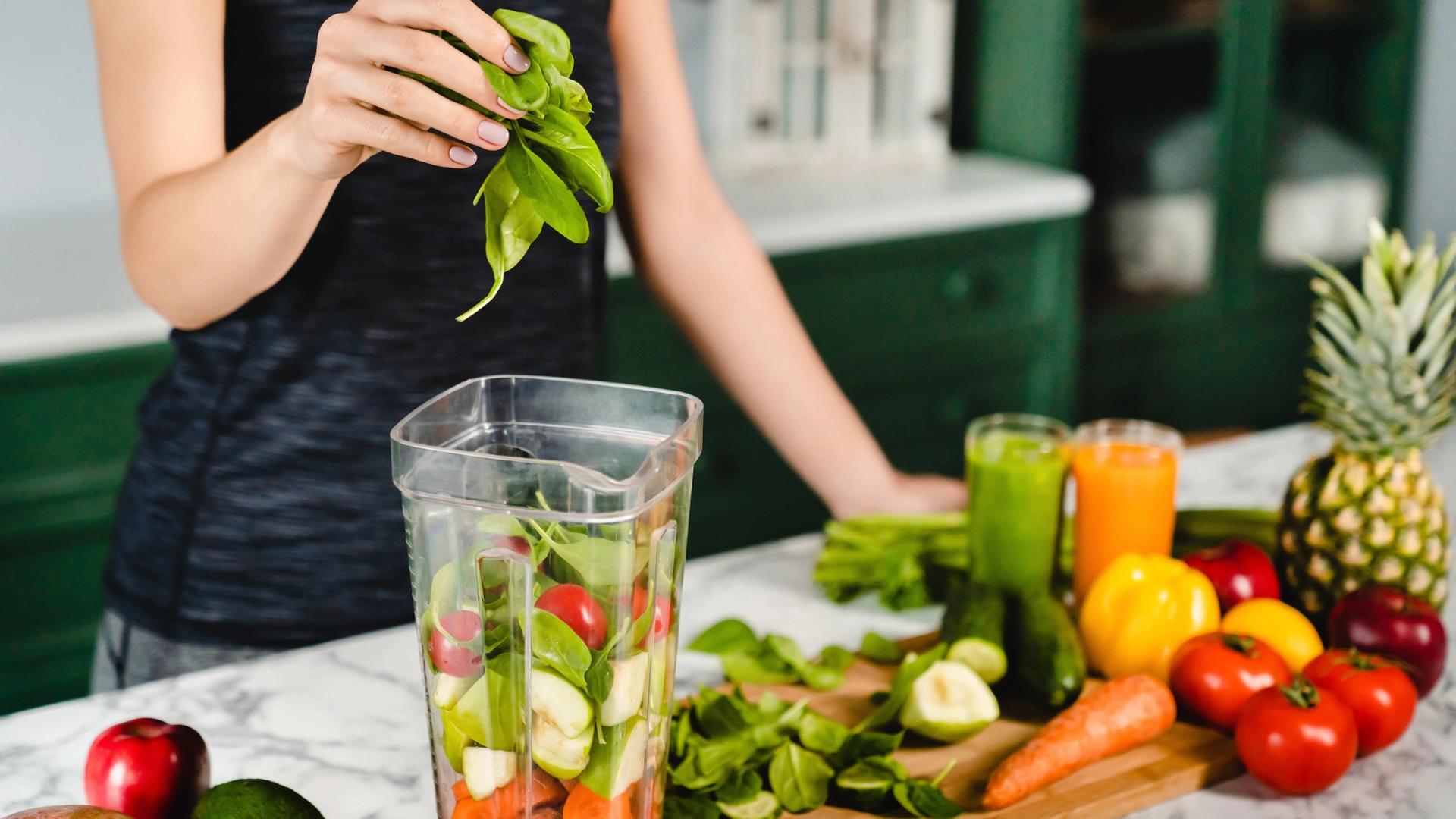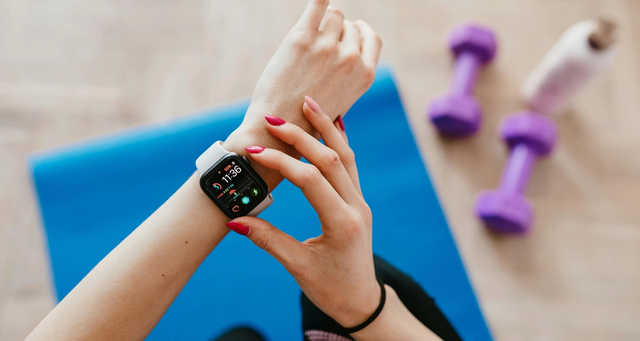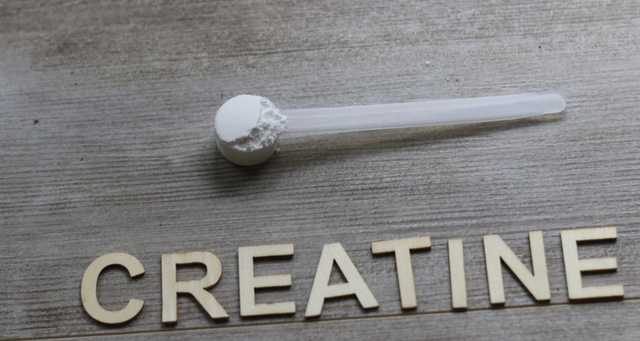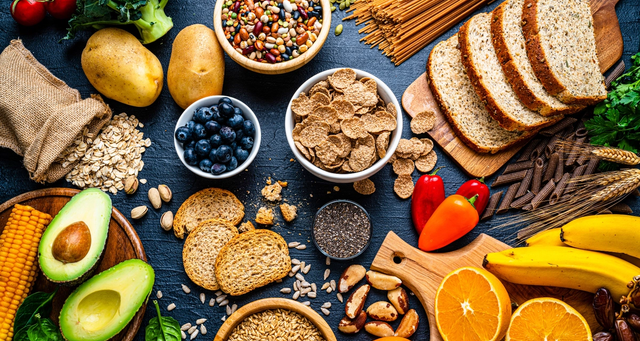
Fitness Nutrition Essentials: Fueling Your Journey
Nutrition is the fuel that powers your body and supports your fitness goals. Understanding the basics of macronutrients—protein, carbohydrates, and fats—can help you make healthier food choices and optimize your performance in and out of the gym.
Understanding Macronutrients
- Role: Helps build and repair muscles, supports immune function, and produces enzymes and hormones.
- Sources: Lean meats (chicken, turkey), fish, eggs, dairy products, beans, lentils, tofu, and nuts.
- Tip: Aim to include a source of protein in each meal. A good rule of thumb is for protein to represent 1/4 of the plate or aim for 25-40 grams of protein per meal.
- Role: The primary source of energy for your body and favorite fuel for your muscles, especially during high-intensity workouts. They are also crucial to have a healthy digestive system and a good night's sleep.
- Sources: Whole grains (brown rice, quinoa, oats), fruits, vegetables, and legumes.
- Tip: Make sure you incorporate your carbs before and after your workouts to give and recover energy to crush your next sessions. Include a variety of colors with your fruits and vegetables to ensure a good amount of vitamins, minerals and fiber.
- Role: Essential for absorbing fat-soluble vitamins (A, D, E, K), protecting organs, and sustaining long-term energy. They are very important for our hormone health and help us feel satisfied for longer hours.
- Sources: Avocados, nuts, seeds, olive oil, fatty fish (salmon, mackerel), and coconut oil.
- Tip:Choose healthy fats and avoid trans fats and excessive saturated fats. Aim for at least one source of healthy fat to be present in every meal.

Tips for Maintaining a Balanced Diet
- Portion Control: Be mindful of portion sizes to avoid overeating. Your hand can be a useful guide: 1 fist of carbs, 1 thumb of fats, 2 fists of vegetables, and a protein portion the size of your whole hand.
- Hydration: Start your day with one glass of water before your coffee or meals. This will help you prioritize hydration throughout the day.
- Mindful Eating: Pay attention to your hunger and fullness cues. Eat slowly and savor your food to help prevent overeating.
- Limit Processed Foods: Try to minimize the intake of processed and sugary foods, which can negatively impact your fitness goals. Aim for them to represent less than 20% of your week.
Meal Prepping and Planning for Success
- Plan Your Meals: Take time each week to plan your meals and snacks. This can help you make healthier choices and avoid the temptation of fast food.
- Prep in Advance: Prepare meals and snacks in advance to save time and ensure you have healthy options readily available.
- Use Different Containers: Divide your meals into different containers with their corresponding portions to help them last longer and avoid contamination. Avoid adding liquid foods, such as tomatoes, to your salads so they don't get soggy.
Remember, a healthy diet goes hand in hand with your exercise routine to help you achieve your desired results.
Start your Svetness journey today
Get a free consultation and see how our trainers can transform your wellness journey.





